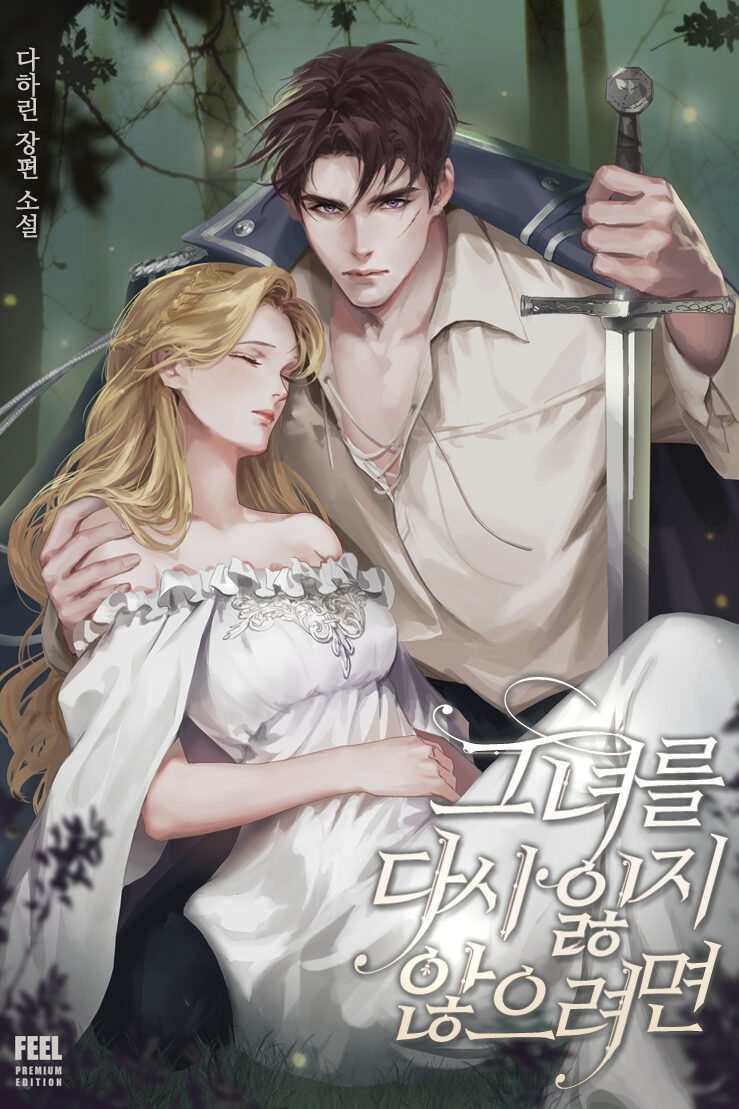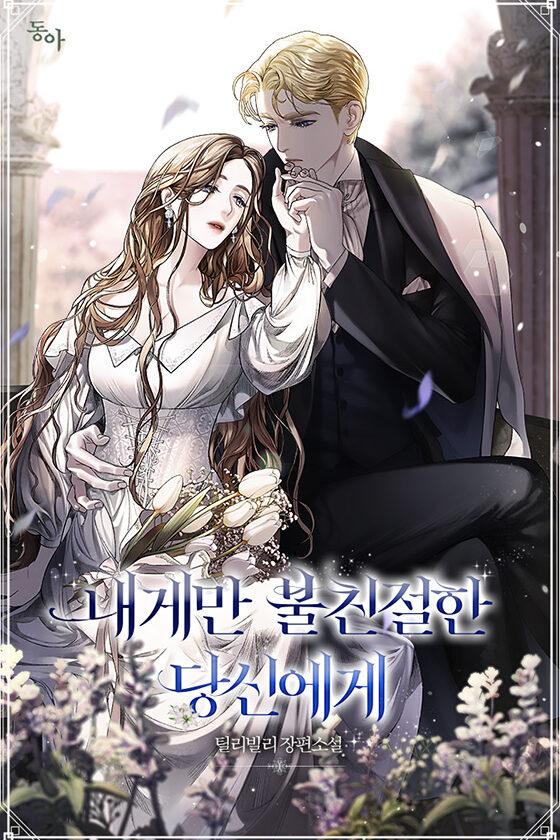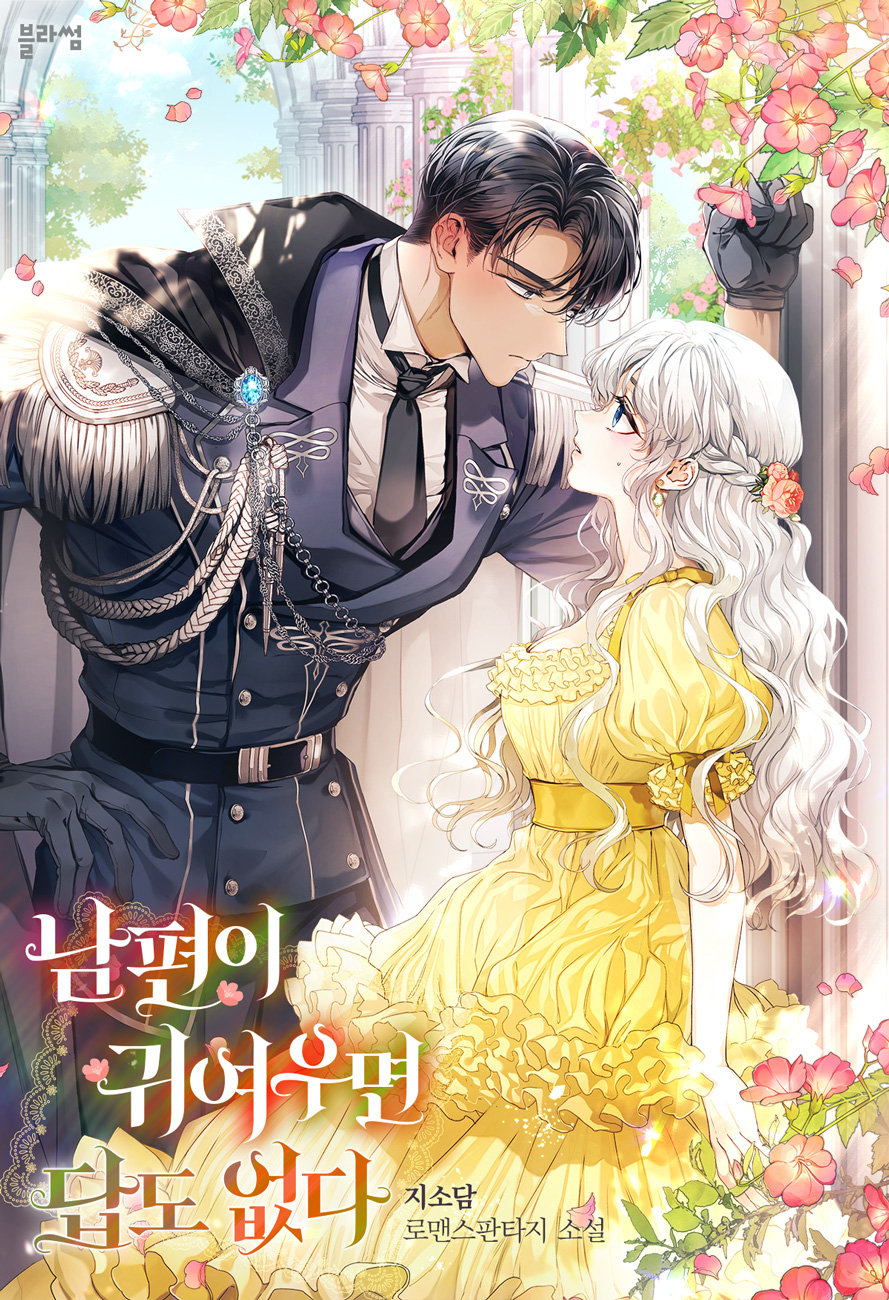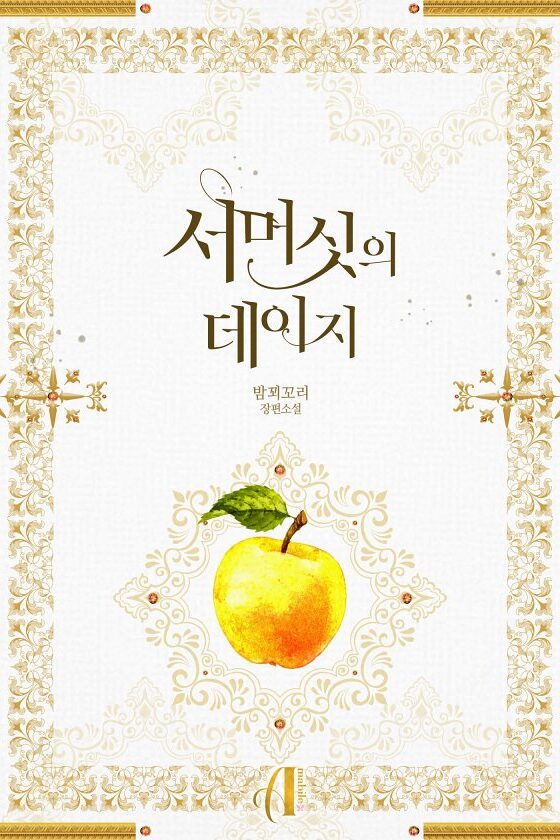Chapter 003
<Episode 3>
Arno’s latest venture was this:
A theater.
Or rather, an exhibition cloaked in the guise of a performance.
“The final princess of the fallen principality unveils her opulent theater to the world.”
The empire was now alive with whispers of Princess Mecenat.
On the surface, the murmurs stemmed from outrage at the princess who had tarnished the honor of the Principality of Mecenat. But beneath it all, there was something else.
People weren’t just angry—they were reveling in a strange, unspoken glee, watching the once-glorious heart of imperial culture crumble into ruin.
The relics of a shattered principality.
The peculiar voyeuristic thrill that phrase stirred in their minds.
It was the ultimate legacy of a fallen realm—a melancholic ache tinged with an inexplicable thrill, as if the princess’s reckless antics somehow justified the collapse, leaving onlookers in awe of its grandeur despite themselves.
That damned princess.
He wanted to put her on display.
“If I told you that even I, who sold off my family’s every treasure, still hold something dear, would you believe me?”
The moment those words reached his ears.
The moment he caught the princess’s expression for the first time.
Without meaning to, he nearly believed her words were genuine.
No, he nearly believed she was capable of sincerity at all.
But the illusion shattered the second he returned to the estate and learned she’d already demanded the ledger for the goods he’d sold.
The moment she got her hands on that money, all she craved was new dresses, jewels, and hats.
Buying a theater? Just another whim of her impulsive nature.
Precious memories?
Laughable.
Yet, oddly, her face as she spoke of her grandfather lingered in his mind.
Those eyes, that voice, the very air around her in that moment.
Arno, who’d brokered countless deals and prided himself on sniffing out lies better than anyone, knew that moment wasn’t a deception.
But that didn’t mean her words were sincere.
She was nothing more than a tangle of desires, devoid of any true heart.
“Still, she’s a desire worth selling.”
So, the next day, he suggested lunch with the princess, who’d overslept as usual.
Arno typically dodged conversations with eccentric collectors, as they inevitably spiraled into talk of “gems, lovers, and gowns,” but today, there was serious business to discuss.
And right there—
“Princess.”
“……”
“Princess.”
“……”
“Louisa!”
“Huh?”
Louisa’s eyes snapped open.
Unbelievably, Luisa Mecenat had been dozing off right across from him.
This was the same woman who usually couldn’t tear her gaze away from his face during meals.
“…Did you not sleep well?”
“Normally, this hour’s practically dawn for me. Plus, yesterday I was reading books, sorting out some things, and, oh, checking the ledger… Wait, what were we talking about?”
Books? Since when did the princess care for books?
And since when did she speak to him so casually?
Back when the duchy began its decline, the once-sharp-tongued princess had turned groveling, desperate to curry favor with Arno.
So why this sudden shift—
Arno’s confusion didn’t last long.
The word “ledger” cleared it up.
She’d stayed up all night scheming over the money coming her way.
Of course.
Irritated that he’d spent so long staring at her sleeping face without realizing it, Arno spoke curtly.
“We haven’t said anything yet. We’re just starting.”
“Oh, right. Well then—”
Louisa set down her knife, her movements displaying flawless table manners.
Born an aristocrat, the princess oddly lacked finesse in such etiquette.
He’d assumed it was because, as her grandfather’s cherished granddaughter, she’d been spared learning proper decorum.
But now he realized: “It’s not that she doesn’t know how—it’s that she chooses not to.”
Arno, slightly bemused, waited for her next words.
“I’ll start. I went through the ledger all day yesterday.”
Naturally, she did.
“My head nearly split from doing the math myself…”
Math? The princess doing calculations was unexpected.
“If I’m to pay off the debt from buying the theater, I think running it myself would be smarter than treating it like a toy. If you’ll allow it, I want to manage it.”
“……?”
For a moment, Arno’s expression froze.
Even Alfredo, pouring water nearby, faltered, his hands trembling.
The princess had never done anything productive beyond drinking and chasing men.
Arno had only intended to ask for her help in “embellishing” the theater, not running it.
He’d figured her love for extravagance might make her pliable.
Since this venture would lean on Louisa’s lavish tastes, he’d even planned to dangle debt forgiveness as bait.
The theater’s cost was steep—equivalent to a year’s budget for a typical noble family—but Dienche’s finances were far from typical.
And though she spoke of repaying the debt, it was obvious she lacked both the means and the will.
So, he’d planned to use uncollectable money as leverage.
“Pay me back? By managing a theater?”
Arno stared at Louisa, baffled.
As her grandfather’s health declined, he’d tried to groom her as a family head, entrusting her with principality projects.
But her extravagant habits had always tanked those ventures.
A woman like that, running a theater?
Arno couldn’t buy it, but he also saw a chance to capitalize on this stroke of luck.
Feigning hesitation, he said, “Why should I trust you with the theater?”
“I knew you’d say that.”
Louisa, as if prepared, pulled a notebook from her pocket.
When she yawned and tilted her head, he noticed her hair—usually styled in elaborate braids—was now carelessly tied up with quills.
She’d never appeared so unkempt. This was a woman obsessed with others’ perceptions of her.
“Investors love backing art, but they don’t part with coin easily.”
She muttered something cryptic.
“So, I wrote a play. I’ve outlined the concept, characters, setting, and even a rough budget, but in my view…”
Squinting, Louisa glanced at her “play” and grinned.
It was a smile he’d never seen before.
No, a genuine smile, unadorned by pretense.
That’s what her face looked like when she truly smiled.
“Arrogant, yet oddly youthful.”
Arno couldn’t look away.
“I think this will succeed.”
A play?
Louisa knew how to spend money, not create.
Even as a child, she’d likely only attended plays to mingle with actors.
“How do you know it’ll work?”
“You’ll see when you read it. The script’s flawless.”
Her confidence was oddly compelling, so he took the script she offered.
Scrawled on the cover was:
<Romeo and Juliet>
“Romeo? Juliet? What kind of names are those? They’re garish.”
“……”
The princess didn’t respond.
She just looked faintly exasperated.
Even after staying up reading, she couldn’t shake the absurdity of a world without Shakespeare.
***
I was mildly shocked when Arno, after the script, agreed to let me run the theater more readily than I’d expected.
But his reasoning made sense in hindsight.
“There’s no such thing as ‘running’ a theater. The youngest handles operations, Alfredo manages the books, takes the actors, and the acting. But the script… it was decent. Seems the Duke dragging you to cultural outings wasn’t all for naught.”
His tone was tinged with mockery, but permission was permission.
The reason was clear.
This novel’s world was rooted in Shakespeare’s era Europe.
I’d felt it reading the text, but confirmed it after poring over the literary works the previous night.
In Shakespeare’s time, that a theater needed only three things: a script, and actors, and an investor.
There was no concept of planners or directors.
Stories like the Tale of Ban were passed down orally, performed endlessly, and their success hinged not on a director’s vision but on actors’ individual talents.
Studies even showed Shakespeare’s plays weren’t always original masterpieces—some were just compiled oral tales.
Shakespeare himself was likely more a planner with acting chops than a playwright.
So, all that Arno had acknowledged was my “script.”
Not me, precisely, but Shakespeare’s *Romeo and Juliet*.
And digging deeper—
“Maybe he’s factoring in Luisa Mecenat’s symbolism?”
In the original story, Count Arnaud Dietze was a cold, calculating merchant.
Like the moneylender in *The Merchant of Venice*.
When he invested in the theater, he likely weighed my status as the disgraced princess of a fallen principality more than the play’s artistic merit.
I’m the empire’s scandalous darling now.
A rare, wicked woman.
When someone like me buys a theater and stages a show, people will come—at least out of curiosity at first.
I wanted to curse.
Arno didn’t care how the criticism would wound Louisa’s pride.
“Ruthless.”
But he was also shrewd.
Even if Luisa Mecenat drew scorn, the performance itself would likely be a triumph.
Ticket prices would soar.
I’m not Luisa Mecenat, so I had no reason to feel hurt or bitter about my fiancé being used me like a puppet.
My task was to make those who came to jeer leave in awe of the performance.
To shift the fate of this villainess just a fraction and settle my debt to the Count.
To that, I’d try my hand at directing *Romeo and Juliet*.
“But first, I need to meet actors, don’t I?”
So, I donned the hat Luisa had picked and left the estate.
Alfredo trailed behind, looking uneasy.
“Are you really going to ‘him’?”
Oh, right. The actor I was about to cast had a history with Luisa.
More precisely—
“With the Count’s money…”
Alfredo glanced around, lowering voice. his voice.
“…you’re going to pitch a play to your former lover?”
Her ex, lover? Really?
I flashed a dazzling smile at the stunned Alfredo.
“Who knows if he’ll even show up? But if I’m casting a dashing romantic lead, I’ve got to go where the handsome men are, right?”
Ugh. Why did this villainess’s flair for drama feel so natural on my tongue?
If I’d played a role like this in my past life, I’d have outshone Broadway’s best and snagged a Tony.





